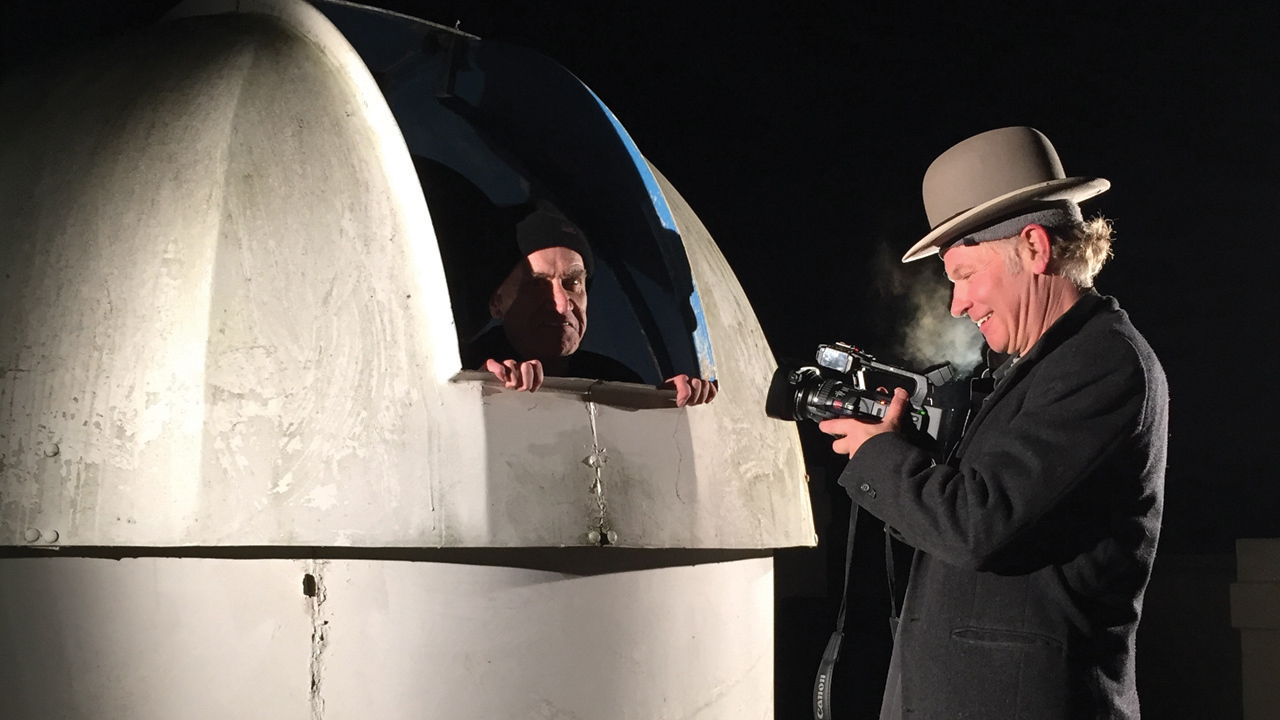Initially intended as a memorial to the erstwhile Dr Feelgood guitarist and accidental hero of Oil City Confidential, this follow-up film by Julien Temple ends in a way that no one, least of all Wilko Johnson himself, could have predicted.
The ‘ecstasy’ of the title refers to Johnson’s transformed view of life in the light of being given 10 months to live after the discovery of a tumour in January 2013. As he stares the Grim Reaper in the face, the self-confessed “miserable git” finds himself taking delight in the everyday wonders of nature, seizing the day with a vigour previously undreamt. His new mantra becomes: “If it’s gonna kill me I don’t want it to bore me.”
There follows the year or so of Bye Bye Johnny – the round of farewell gigs where weeping Japanese fans wave him off stage in what Johnson, part stoical and part revelling in it, calls “pure showbiz”. This part of the story takes the form of an extended interview on the jetty at Canvey Island over a game of chess against a hooded executor not unlike Wilko’s Game Of Thrones character. As Johnson speaks, his euphoric visions are brought to the screen with trippy visuals and excerpts from classic films dealing with life and death, such as Nosferatu.
The former English teacher and sworn atheist brims with celestial poetry, in contrast with his somewhat rough and ready musical output. There are some heartfelt passages, including his description of the beauty of snow falling on a Japanese temple. It’s not all glory and wonder, though, and we get glimpses of the loneliness that comes with being unable to share his predicament with anyone close to him. The slightest trace of self-pity always comes heavily laced with his quick-witted, self-deprecating Essex humour, almost laughing in the face of death.
Fate intervenes in 2014 when Charlie Chan – fan, photographer and surgeon – suggests Wilko gets a second look at the tumour, and doctors decide they can remove it. Temple interviews Johnson the day before the operation – when he has a 15 per cent chance of survival – and shortly after, as he recovers. Wilko is now diabetic, missing part of his stomach and bearing a scar up his middle. After a year of living blissfully in the moment, the abrupt lurch back to reality as he copes with the realisation that he’s going to survive is a shock to the system and heralds a period of grieving in reverse.
The Ecstasy Of Wilko Johnson isn’t a straight music documentary but it is quite exceptional. Some of it overlaps with what we already know, and the vintage horror clips get repetitive after a while. The huge outpouring of affection and regard for Wilko may also have helped him beat a life-threatening disease and this is an aspect of the story the film doesn’t acknowledge. Even if you have no idea who Wilko is and care nothing for his music, it’s still an incredible story about an extraordinary character.

